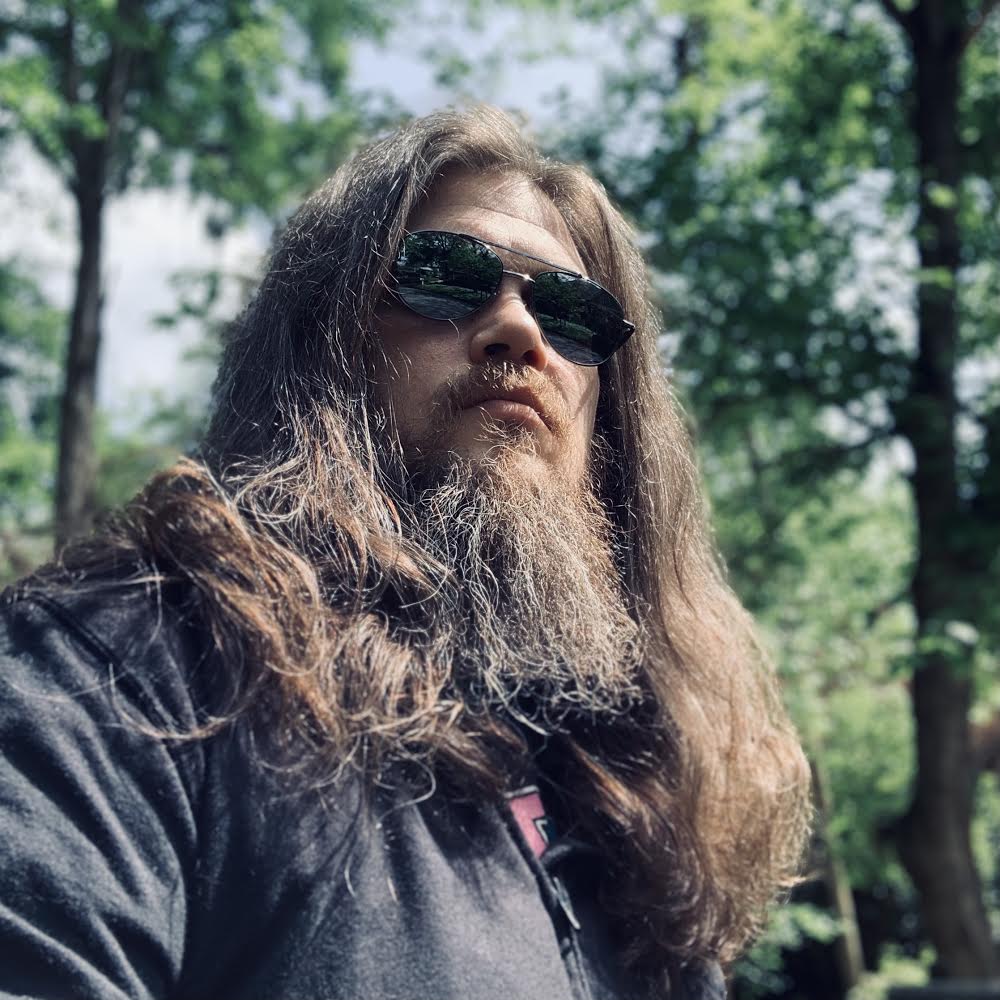The comic book history of Hank McCoy, the Beast
Learn all about the Marvel Comics history of the Beast, one of the original X-Men
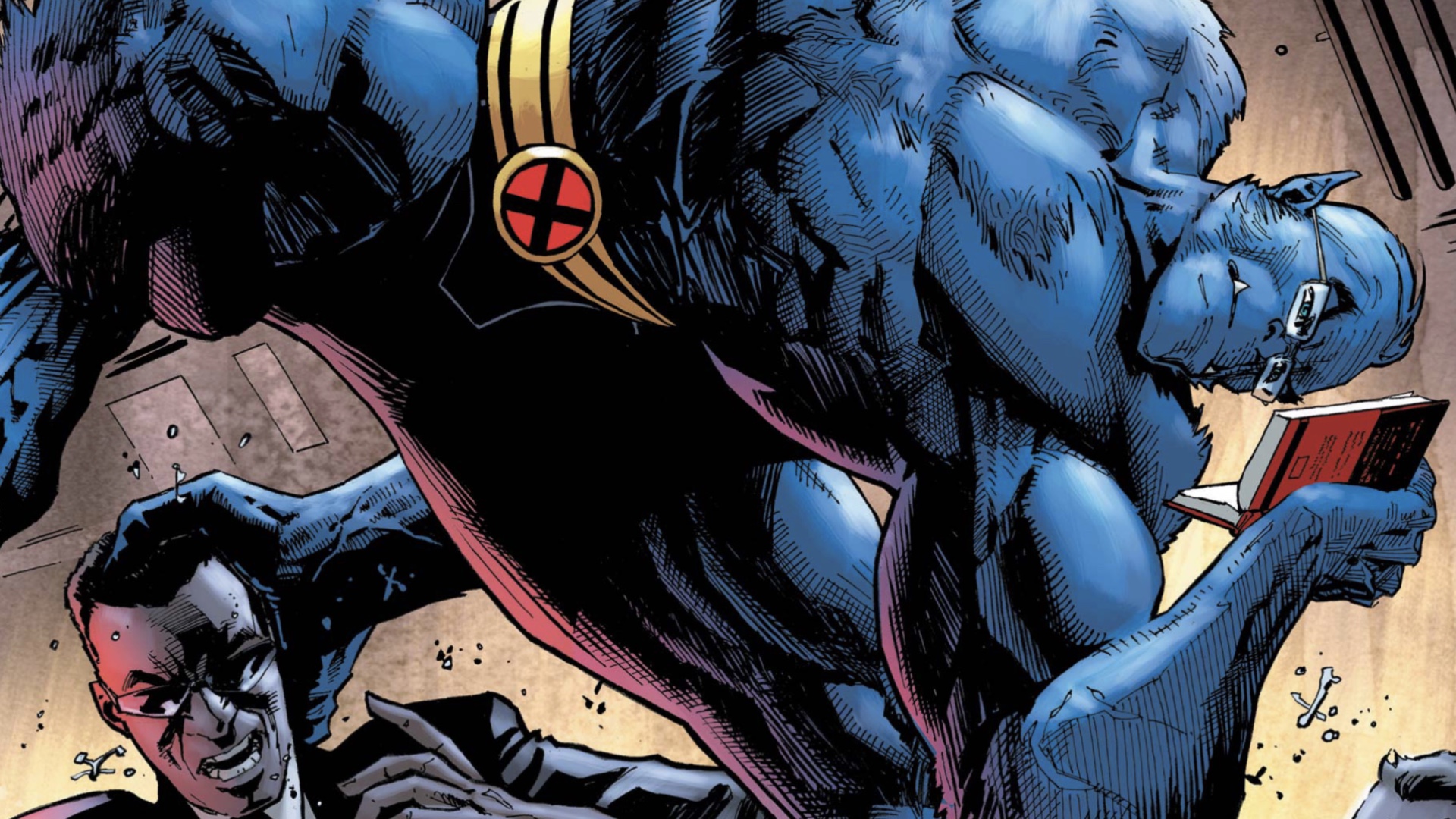
Just about every Marvel fan knows Hank McCoy, the Beast, as one of the founding members of the X-Men and a mainstay on the team, thanks in large part to his role as one of the core cast members of the classic '90s X-Men cartoon as well as actor Kelsey Grammer's brief but beloved turn as the character in X-Men: The Last Stand.
But Beast's comic book history goes much deeper than that, with strong ties to the Avengers, the Defenders, and even the Illuminati, as well as his own legacy as a solo hero. And in recent years, he's tragically edged further and further toward villainy.
How does something like that happen to a hero as storied as the Beast, who has been a member of three of the biggest superhero teams in the Marvel Universe and a hero in his own right?
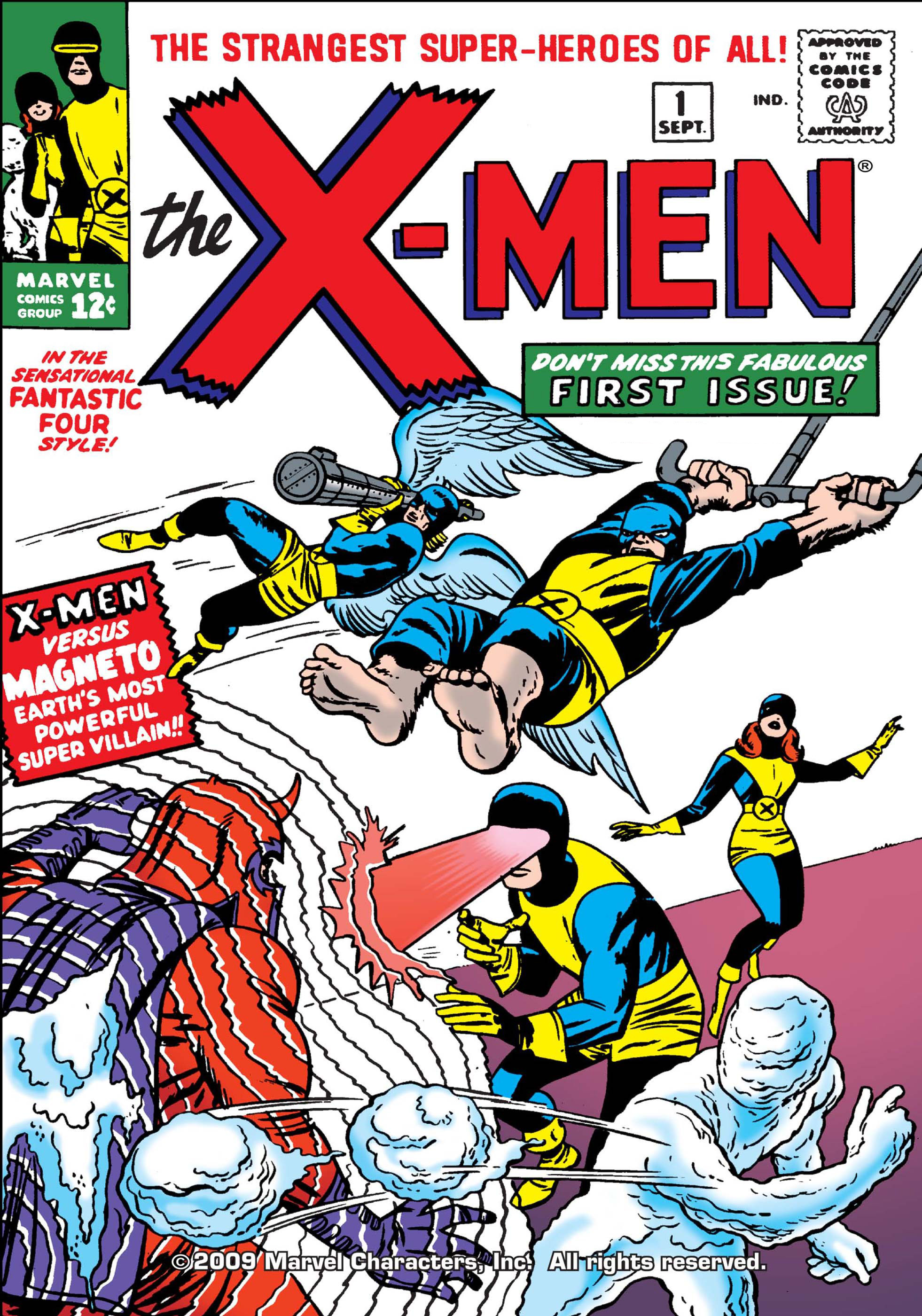
It all starts back in Beast's earliest days as one of the original five teen X-Men who debuted 50 years ago in 1963's Uncanny X-Men #1 by Stan Lee and Jack Kirby. Back in those days, Beast was still human, without the blue fur he's become known for. Blessed with the mutant powers of enhanced strength and agility as well as extra-large hands and super-dexterous feet, Hank McCoy is also possessed of an innately brilliant scientific mind.
It's that scientific brilliance that also led Hank to experiment on himself a few years later, after he left the X-Men. By then, he was starring in the title Amazing Adventures, and it's in 1972's Amazing Adventures #11 by writer Gerry Conway and artist Tom Sutton in which Beast took a strange serum that transformed him into his most classic beastly form, albeit with gray fur, which was later changed to its more familiar blue color.
After Beast turned furry, it would be almost 20 years before he officially returned to the X-Men. In the years between, Beast would become a mainstay Avenger, forming an especially close friendship with his fellow Avenger Wonder Man, himself about to be the star of his own MCU streaming series.
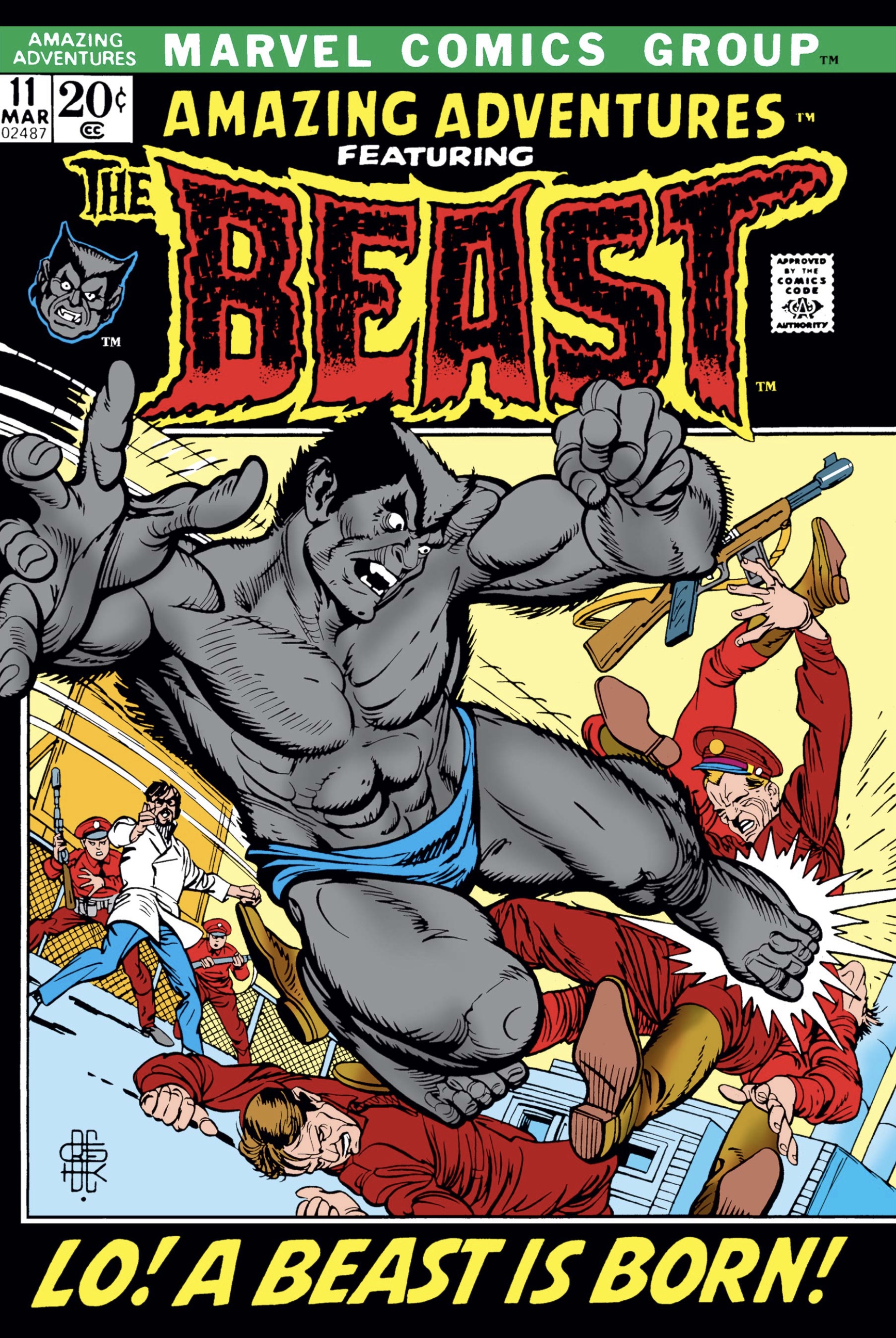
Following his time with the Avengers, Beast would serve a stint on the Defenders before reuniting with the other original X-Men (Angel, Cyclops, Jean Grey, and Iceman) as X-Factor. And then, in 1991, Beast finally rejoined the X-Men proper with Chris Claremont and Jim Lee's landmark X-Men #1.
Comic deals, prizes and latest news
Get the best comic news, insights, opinions, analysis and more!
In the following years, Beast would evolve again into a more leonine form, before undergoing yet a third evolution into his current form, which is more apelike and which has more resemblance to his classic blue furry incarnation.
Years later, the first hints of Beast's current semi-villainous turn started to show following 2012's Avengers Vs. X-Men, in which Cyclops murders Professor X while under the influence of the Phoenix Force. This splits the X-Men apart, with Beast undertaking a desperate mission with the hope of bringing Cyclops back into the fold by summoning the original five teen X-Men - including his own younger self - to the future.
This doesn't exactly work out as planned, and the teen X-Men are stuck in the present day for years of real time, with Beast's younger self even beginning to learn magic before the group is finally sent back to their correct time with their memories wiped of the experience by the older Jean Grey.
During this time, Beast also joins the Illuminati, Marvel's secret superhero society, in the lead up to the 2015 event Secret Wars which remade the Marvel Multiverse.
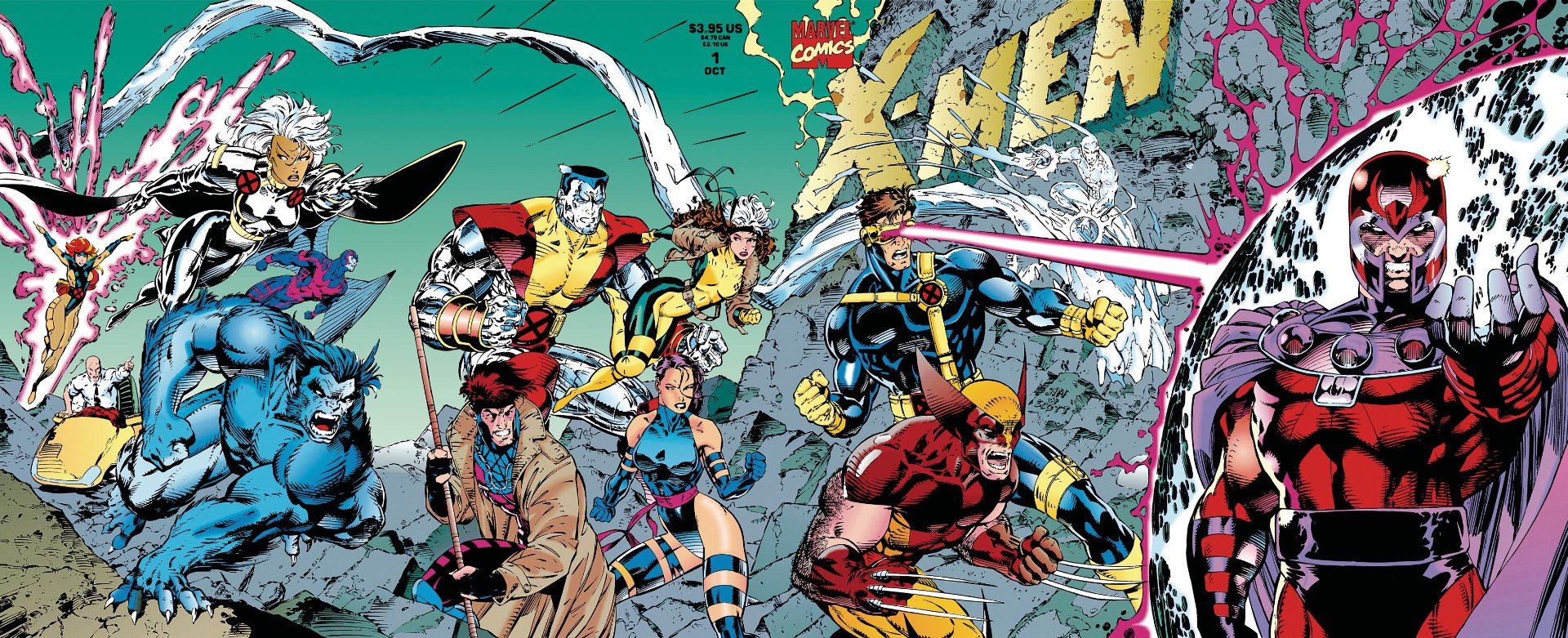
That desperate plan, to bring the X-Men forward in time, was just the first of several unilateral decisions made by Beast in the lead up to the rise of the mutant nation of Krakoa, where Beast takes on the role of spymaster and manipulator, using his mastery of genetics and the Krakoan resurrection process to manipulate the members of X-Force, including his own ally Wolverine.
At first, Beast's darker decisions seem mostly designed to protect and serve Krakoa. But in the last couple years, it has become more and more clear that many of Beast's actions serve his own interests first and foremost.
It's unclear how it's all going to pan out, or if Hank McCoy can be redeemed, with Marvel promising the end of the Krakoa era next year. Weirdly though, this isn't the first time Beast has been a villain, even in the Marvel Universe. In the classic 1995 X-Men event Age of Apocalypse, the Beast of an alternate timeline is revealed as a villain known as Dark Beast, who later makes the jump to the mainstream Marvel Universe as a villain.
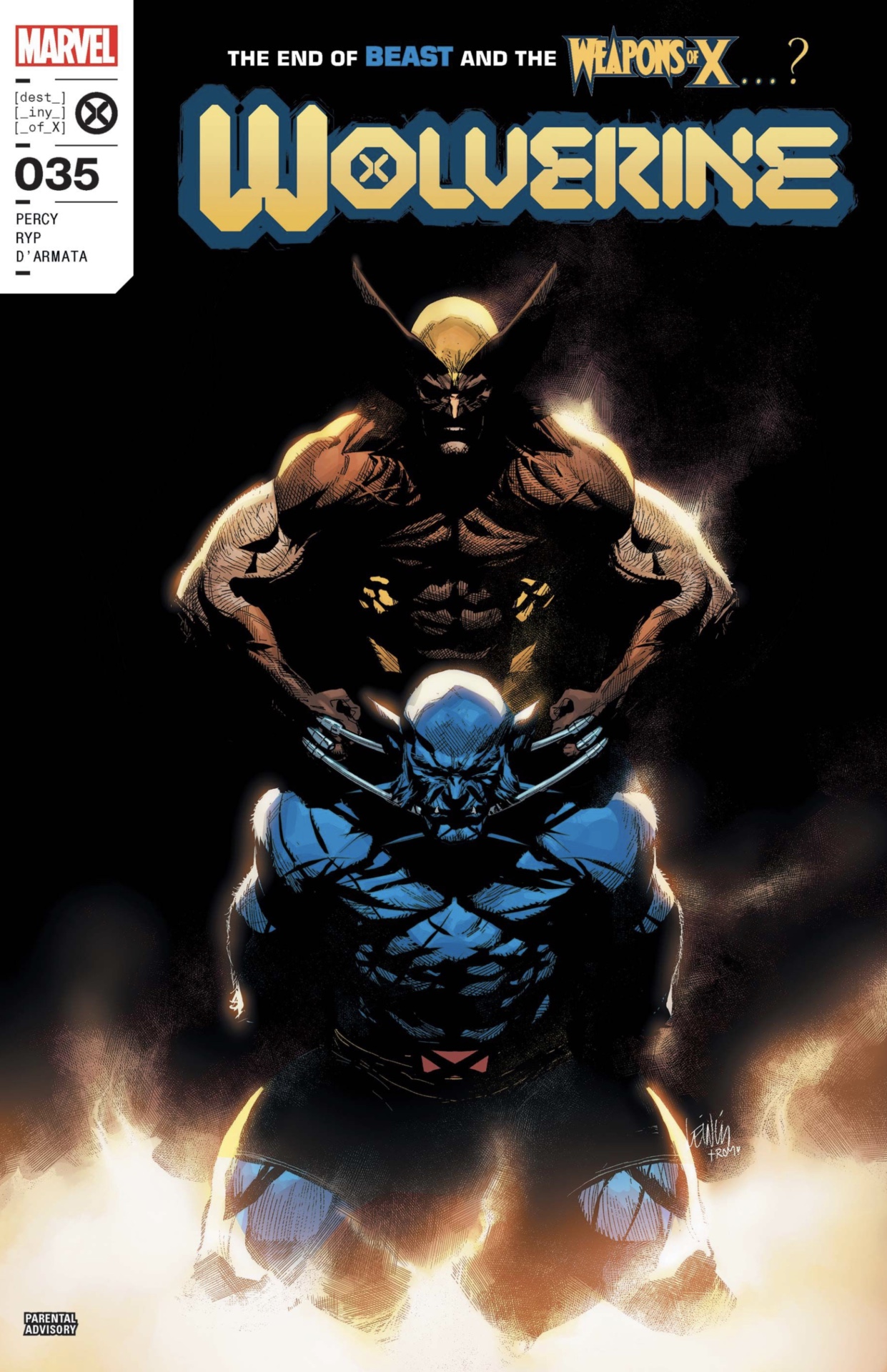
Beast on the big screen - beware spoilers!
It seems like there's a good chance the mainstream Marvel Comics Beast will find some kind of redemption following the Krakoa era because - and big spoilers for The Marvels ahead - Kelsey Grammer's Beast, who we mentioned at the top, makes an appearance in the post credits scene of The Marvels, this time sporting a more comics-accurate look.
With Deadpool 3 set to bring Hugh Jackman's Wolverine and of course Ryan Reynolds' eponymous Merc With a Mouth into the MCU next year, it seems entirely possible that we'll be seeing more of Grammar's Beast as well either in that film, or in whatever upcoming X-Men projects Marvel Studios has planned.
For more on The Marvels, check out the rest of our coverage:
- When does The Marvels take place on the Marvel timeline?
- The Marvels ending explained
- All of The Marvels Easter eggs and MCU references
- All of The Marvels cameos - listed and explained
- What team is Kamala Khan recruiting for at the end of The Marvels?
- How does The Marvels ending set up Deadpool 3?
- Breaking down Kelsey Grammer’s Beast cameo in The Marvels
- The comics that influenced The Marvels, according to Nia DaCosta
- Nia DaCosta explaining The Marvels’ “lighter, softer” Fury
- The Marvels director weighing in on whether or not you need to have watched the TV shows beforehand
- The MCU movies and shows to watch before The Marvels
- How many Captain Marvels are there in Marvel Comics
- Ms. Marvel: The powers and comic book origins of Kamala Khan
- The comic book history of Monica Rambeau
I've been Newsarama's resident Marvel Comics expert and general comic book historian since 2011. I've also been the on-site reporter at most major comic conventions such as Comic-Con International: San Diego, New York Comic Con, and C2E2. Outside of comic journalism, I am the artist of many weird pictures, and the guitarist of many heavy riffs. (They/Them)
